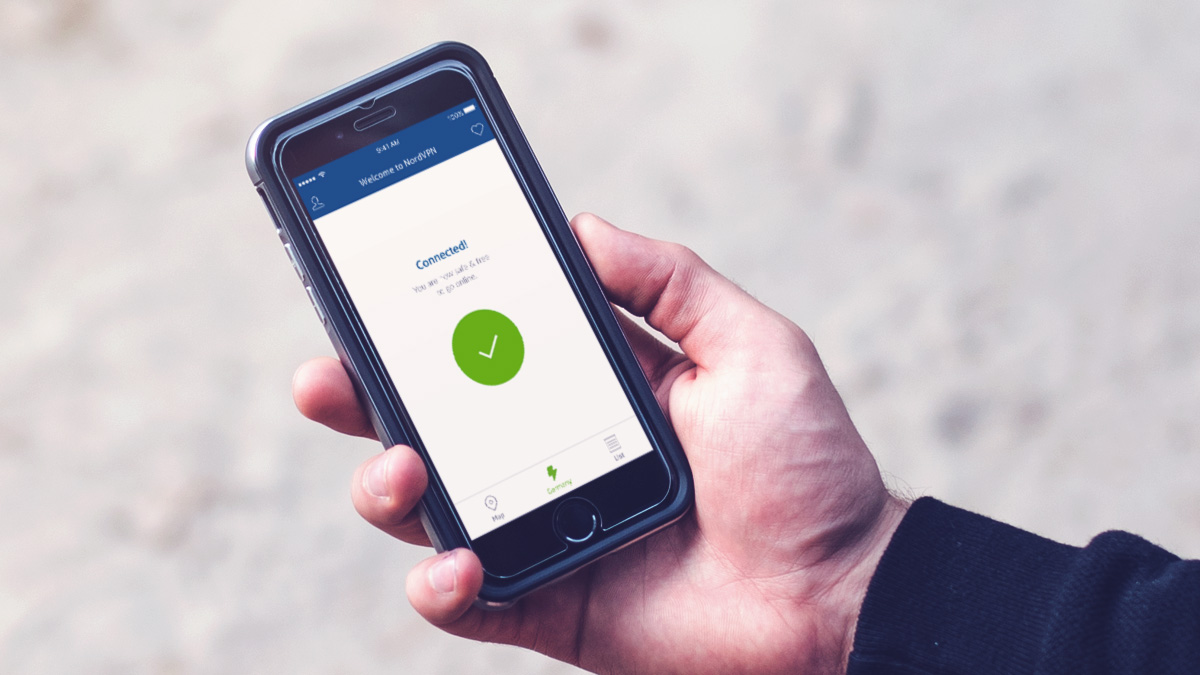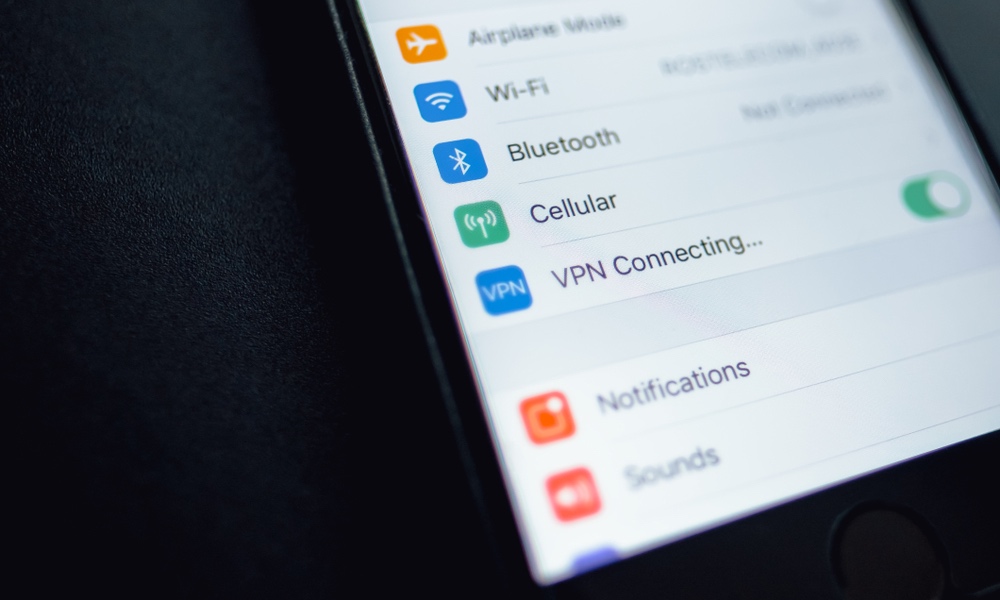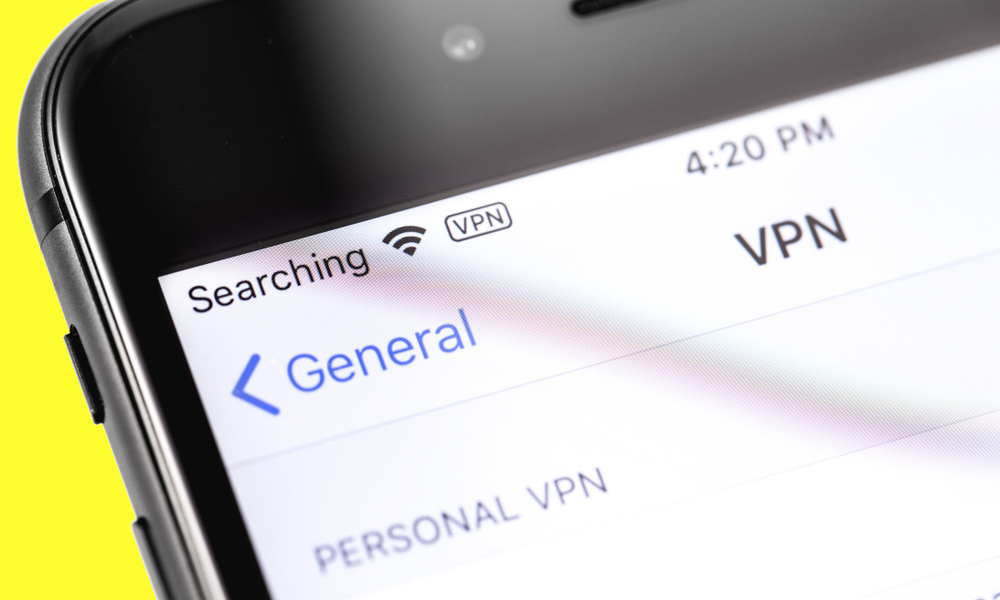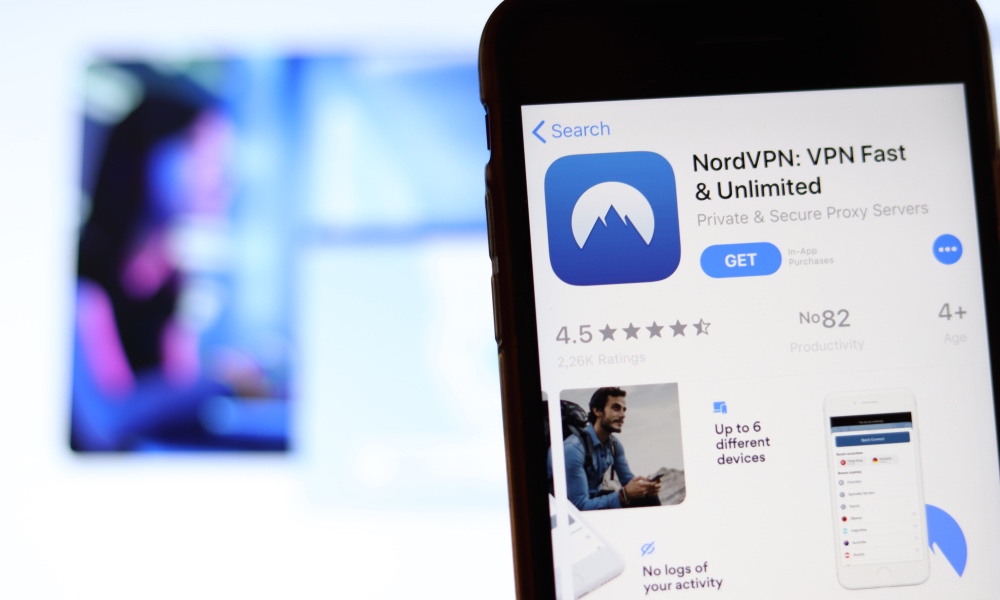FAQ: Can I Leave My VPN Connected All the Time? Why or Why Not?
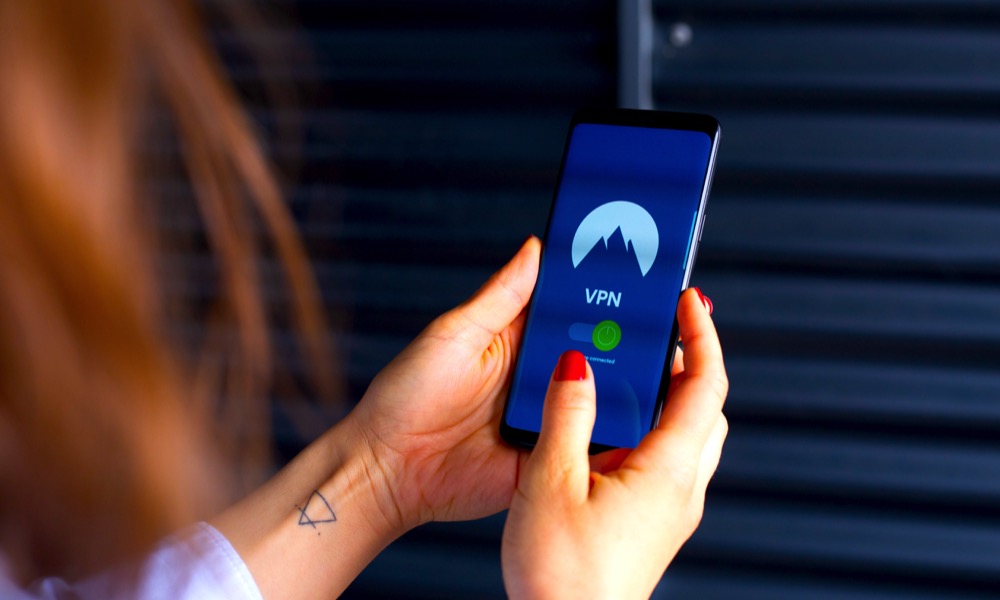 Credit: Gem Fortune / Pexels
Credit: Gem Fortune / Pexels
Toggle Dark Mode
If you’ve never used a VPN (a virtual private network) before, we have a rundown and some recommendations that you should really check out.
But, basically, a VPN is an extra layer of encryption that protects all the data that you send out on the internet until it reaches its destination (VPNs also do a lot of other stuff, including server management and can add additional layers of security).
People who start using a VPN quickly run into one big question: After turning it on, should they turn it off?
Is it okay to leave a VPN running all the time? What does that mean, exactly?
These are great questions that every VPN user should know about, so let’s dive in.
Downsides of Leaving a VPN Turned On

While a VPN offers lots of security benefits and customization, leaving it on constantly does have some drawbacks. The biggest one is that a VPN will slow down your internet speeds. Sometimes this is barely noticeable, and sometimes it has a significant impact that prevents you from doing things like streaming HD movies or playing online games. That’s why most VPNs make it quite easy to flip them off for certain activities (or alternative solutions we’ll discuss below). It can also eat up your bandwidth and make it harder to use multiple devices on the same network.
In other cases, as with many firewall-like capabilities, VPNs won’t play nice with certain services and tools you may use on the internet, and you might have to disable it to get these services to work properly. This may include everything from using your printer to accessing local government webpages.
Advantages of Always Having a VPN Turned On
Your data will always be encrypted with a VPN on, and your IP location will always be protected, no matter what you do. For those who are primarily interested in security and privacy, this is a huge advantage to simply leaving the VPN enabled all the time. In this case, slow internet may be a small price to pay for guaranteed encryption.
This also makes it easier for some VPN services to work properly, like failsafe switches that automatically shut everything down if they detect an encryption problem. As you can imagine, this gives certain users extra incentive to always be protected by a VPN, like activists under hostile governments.
Split Tunneling
VPNs are well-aware of the issues with both turning your VPN off and leaving it on all the time, which is why there are a couple of solutions that allow you to have it both ways. The most common is called split tunneling. VPNs already create an encryption “tunnel” for all your internet data to pass through. This method splits the tunnel, allowing certain types of data to pass through without encryption – and avoiding the problems that entail.
There are a couple of different ways to enable split tunneling. VPNs may provide a “whitelisting” option that allows you to add certain websites to avoid encryption for those specific services. Others may also allow you to specify a particular device or app to be excluded with split tunneling, depending on what setup works best for you.
Inverse Split Tunneling
Inverse split tunneling is split tunneling, but starts with keeping all devices and apps off the VPN, so you then only add specific things to VPN for protection. This is handier if you only use a VPN for a few specific needs and don’t need it most of the time. VPNs don’t usually have a specific option for inverse split tunneling since it largely works the same, but it’s important to know that this is an alternative approach that may work better for you.
Choosing a Versatile VPN
By now, you’re probably wondering how to get a VPN that has useful whitelisting services along with robust security. The good news is that there are a lot of options. The bad news is that it might take some research to find out exactly which one is right for you. We suggest that you start by taking a look at :

